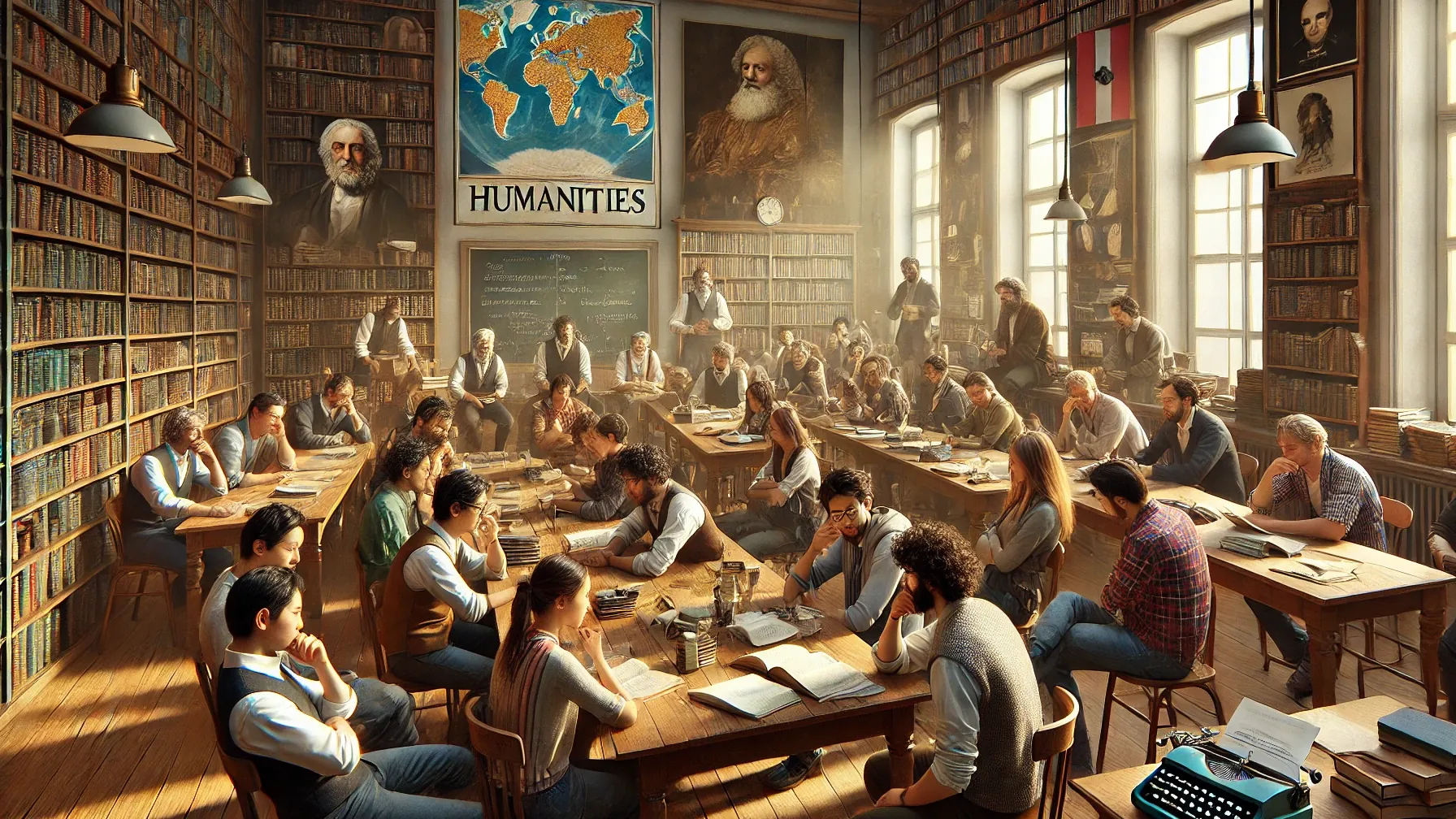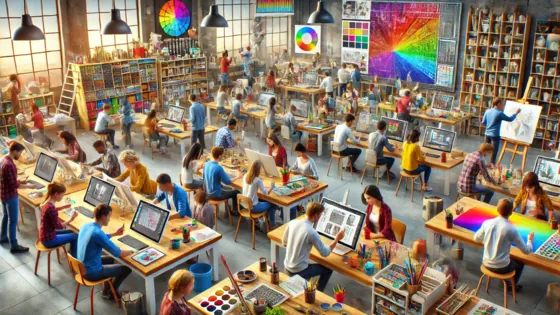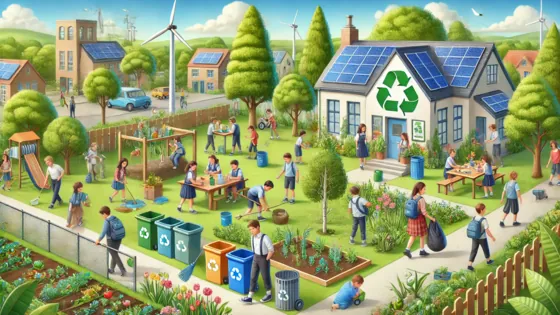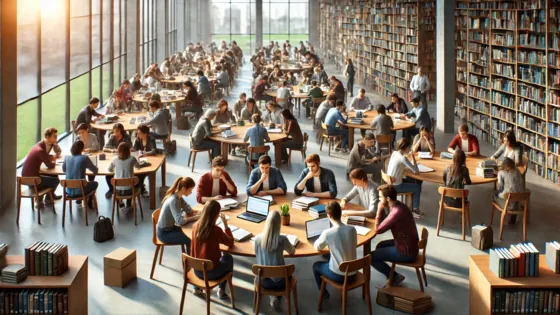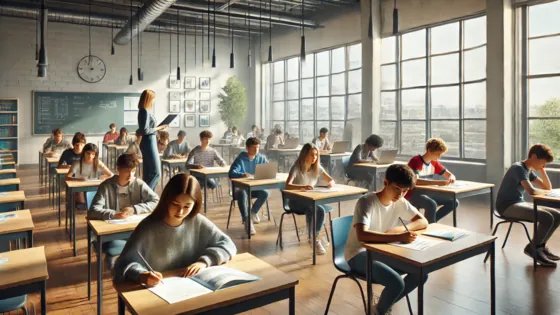In the current era, marked by rapid technological advancements and widespread adoption of digital innovations, humanities often take a backseat compared to the STEM fields (Science, Technology, Engineering, and Mathematics). However, the significance of humanities in the educational framework remains undeniable due to their pivotal role in fostering critical thinking, cultivating empathy, and enhancing cultural awareness.
The Impact on Critical Thinking

Humanities are a crucial component in nurturing students' critical thinking abilities by enriching their intellectual repertoire and promoting the development of analytical skills. This article explores various mechanisms through which humanities influence critical thinking and their indispensable role in modern education.
Primarily, humanities subjects such as philosophy, literature, history, linguistics, and sociology equip students with the skills to analyze information and form opinions based on evidence and arguments. Students engage with diverse perspectives, undertake comparative analyses, and draw conclusions, thereby enhancing their critical thinking and self-critical abilities.
A key aspect of the humanities' impact on critical thinking is the training in critical reading and textual analysis. Through the study of literary works, philosophical texts, or historical documents, students learn to identify main ideas, assess the reliability of information, detect underlying premises, and understand authors' arguments.
Furthermore, humanities contribute to the development of students' analytical thinking and problem-solving skills. Analyzing historical events, social processes, or cultural phenomena requires examining complex data, identifying causal relationships, and proposing alternative problem-solving approaches.
Moreover, humanities foster critical thinking regarding ethical and moral issues. Philosophical discussions, literary analyses, and sociological studies prompt students to question societal values, norms, and ideals, and assess their impact on behavior and decision-making.
In conclusion, humanities play a significant role in developing students' critical thinking by teaching them to analyze information, develop analytical skills, and think independently. They help students appreciate the complexity and diversity of the world and foster a critical stance, which is crucial for successful careers and personal development in contemporary society.
Development of Intercultural Competencies

In today’s world, where globalization and intercultural interaction are increasingly important, developing intercultural competencies is a key aspect of personal and professional growth. Humanities play a vital role in this process by helping students understand and respect cultural differences, cultivate tolerance, and interact effectively with people from different cultures. This article examines the mechanisms by which humanities influence the development of intercultural competencies and their essential role in modern education.
Firstly, humanities teach students to understand cultural differences and recognize their own cultural identities. Studying the literature, history, languages, and cultures of various peoples allows students to see the world from different perspectives, understand that cultural differences enrich our experiences and understanding of the world.
Secondly, humanities promote the development of empathy and tolerance. Studying literature, art, philosophy, and sociology helps students understand the feelings, thoughts, and values of people from different cultures and learn to appreciate their viewpoints without bias or judgment.
Additionally, humanities instruct students in communication skills necessary for effective interaction with people from other cultures. Learning languages, literature, and cultures of other peoples helps students express their thoughts and feelings in a foreign language, understand non-verbal cues and cultural codes, and communicate effectively with speakers of other languages.
Supporting Innovation

Support for innovation is a critical factor in the successful development of modern society. However, the role of humanities in this process is often overlooked. This article discusses how humanities contribute to supporting innovation and why their role should not be underestimated.
Initially, humanities help create a context in which innovations can thrive. Studying philosophy, history, sociology, and culture helps understand societal needs and values and predict its development. This enables the identification of priority areas for innovation and the creation of products and services that meet the real needs of people.
Moreover, humanities foster the development of creativity and creative thinking, key components of innovation. Studying literature, art, philosophy, and culture allows viewing the world from new perspectives, drawing inspiration from ideas, and creating innovative solutions based on the synthesis of different knowledge and approaches.
Additionally, humanities play an important role in ensuring the sustainable development of innovations. Studying ethical and social aspects of innovations helps prevent negative consequences of their implementation and create conditions for sustainable societal development. This includes issues related to environmental protection, justice, and equitable access to innovations.
Finally, humanities contribute to the development of human capital – a key resource for successful innovation implementation. Studying languages, literature, history, and cultures of different peoples helps create a multilingual and multicultural environment conducive to creativity, understanding, and collaboration.
Conclusion
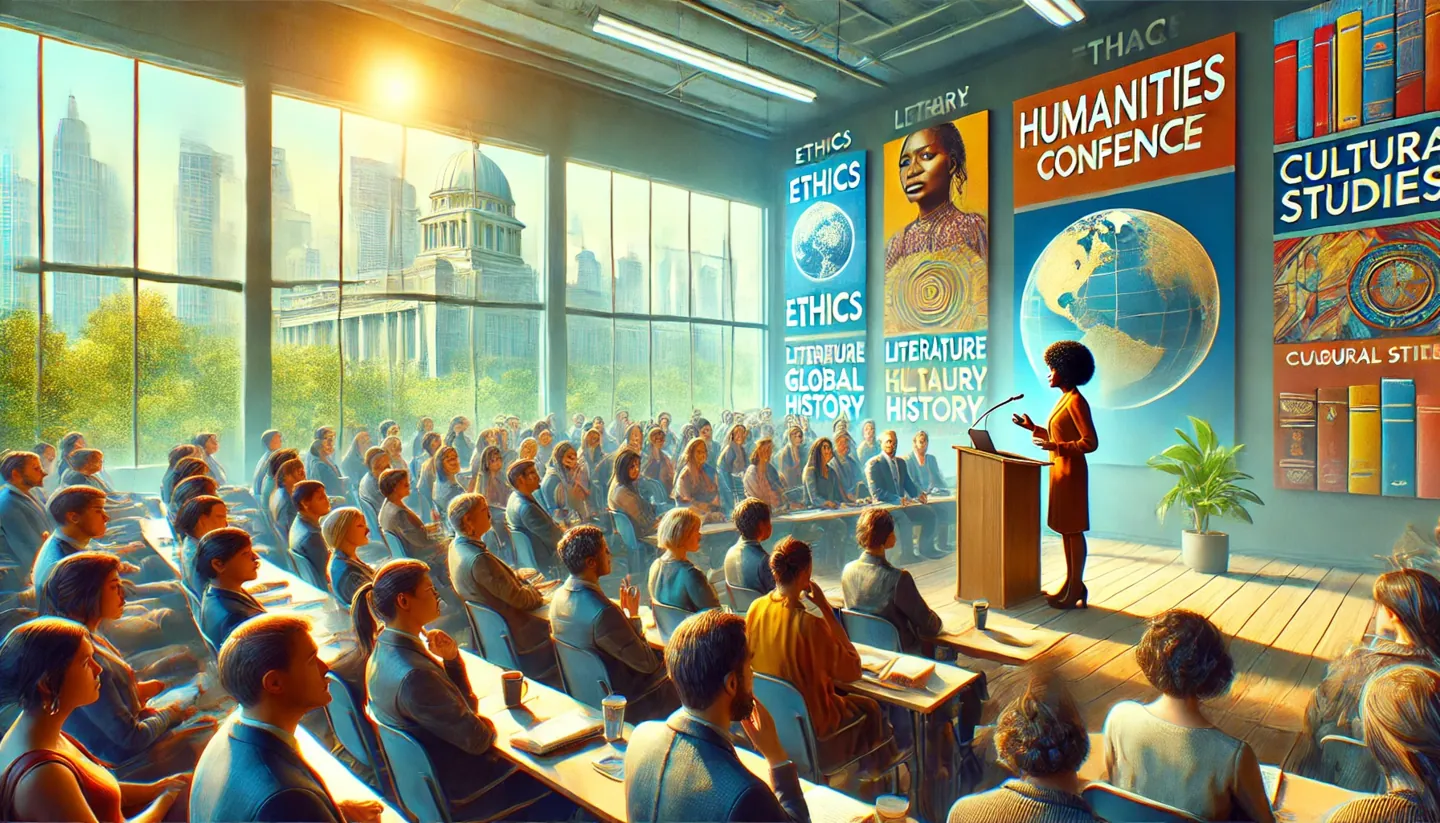
In conclusion, humanities not only complement technical and mathematical education but enrich and deepen it. In a modern world that values innovation and creativity, the role of humanities is intensifying, making education more comprehensive and preparing students for effective and meaningful lives in society.

